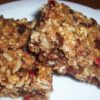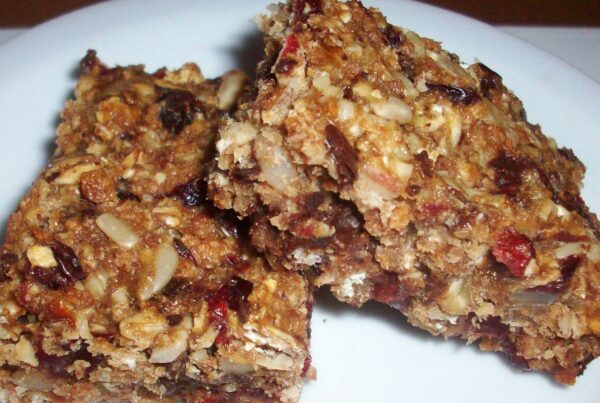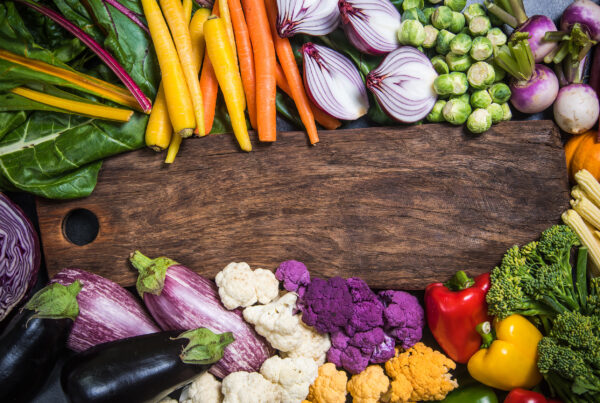Tip #1
Weekly Planning
When are your events?
Will I eat at these events?
When will I eat at home?
How many meals do I have to make?
What meals am I planning? Will it be buffet, meal prep, freeze, etc.
Do I have groceries? (Fresh vs. frozen vs. pre-prepped) When will I shop?
When will I get movement in? What, when, where? Length?
What self-care will I need? Alone time, therapy, socializing, etc.
Tip #2
Balance Your Blood Sugar
Why is this important?
According to a study in 2007 by Gaillot, acts of self-control failures are more likely when glucose is low.
Controlling glucose helps regulate emotions, cope with stress, resist impulsivity, improves energy, and
decreases cravings.
How do you control blood sugar?
Eat every 3-5 hours. Balance your plate. Your plate should be 2 parts vegetables, 1 part protein, 1-part
whole grain carbs/starches and healthy fats are used for cooking or as a topping. Eat your vegetables
first and your carbohydrates last and consider taking a walk for 10-30 after eating.
Tip #3
Hydrate!
Why is this important? Hydration supports your metabolism, digestion, and cognition. It supports restful
sleep and good daytime energy. Adequate hydration helps regulate body temperature, keeps your joints
lubricated, prevents infections, helps deliver nutrients to your cells and keeps organs functioning
properly.
How much do I need? You need at least 8 cups per day, or 64 ounces, more if you are a larger person or
if you exercise more and sweat more.
How can you increase your water intake? Travel with a reusable water bottle and straw. Keep a water
bottle by your side, consider using reminders or apps. Start your day and end your day with 16 ounces of
water and/or have 1 cup of water with each meal and snack.
Tip #4
Prioritize Veggies
According to the CDC only 10% of Americans meet the requirements for daily vegetable intake which is 3
cups per day. We should ideally get closer to 5 cups per day. As we know, a diet rich in vegetables and
fruits can lower blood pressure, reduce the risk of heart disease and stroke, prevent some types of
cancer, lower risk of eye and digestive problems, and have a positive effect upon blood sugar, which can
help keep appetite in check.
Tip #5
Hunger and Fullness Scale
Tip #6
Avoid Skipping Meals
This creates a vicious cycle.
→YOU SKIP BREAKFAST because you want to save up for a big meal tonight.
→LUNCH IS TOO SMALL because you’re trying to be good and eat as little as possible (and no carbs).
→YOU GET OVERLY HUNGRY because your body hasn’t had enough food today.
→YOU OVERDO IT AT DINNER because pleasant fullness is hard to feel when you start eating in primal hunger mode
→CRAVINGS SPIKE and because you already messed up today, you say screw it!
→YOU FEEL GUILTY, so you vow to restrict tomorrow to make up for it.
Tip #7
Ditch the Diet Mentality
Restriction breeds cravings
Savor your favorites
I can eat this any day of the year
Food stress is counterproductive
Our body needs carbs!
Honor my hunger, respect my fullness
How do I want to feel after eating?
Remember: Balance, moderation, and variety
Tip #8
Stress and Sleep Management
What happens when sleep is poor?
Poor sleep impairs your immunity and alters hunger and satiety hormones. It also leads to stress
which increases cortisol release, insulin release and increases your appetite.
How do you support sleep?
• Eat every 3-5 hours, including breakfast
• Stop eating 30-60 minutes before bed
• Choose complex carbs and healthy fats
• Watch your alcohol and caffeine intake
• Try sleep-promoting foods: Tart cherry juice, kiwis, fatty fish, walnuts, almonds,
chamomile tea, passion flower tea
• What Do I Feel and What Do I Need?
If you need distraction:
• Change up your environment/scenery
• Watch your favorite TV show
• Listen to a podcast
• Research an interesting topic
• Organize/clean your space
If you need support or connection:
• Call/text/email a friend
• Talk to a family member
• Grab a coffee/drink with a friend
• Make a therapy appointment
• Chat with a support group
• Ask for help
• volunteer
If you need to feel calm:
• Meditate
• Journal
• Deep abdominal breathing
• Progressive muscle relaxation
• Listen to calming music
• Color, draw, or paint
• Knit
• Take a bath
If you need movement:
• Go for a run or walk
• Clean your space
• Garden
• Dance!
• Do an enjoyable workout
• Create a peaceful environment and stretch
If you need self-care:
• Take a nap
• Set boundaries and limits
• Get alone time
• Disconnect from social media
• Eat enough food
• Say no
If you need some fun:
• Play with a little one or pet
• Eat your favorite food
• Bake or cook
• Watch a favorite movie
• Do a YouTube dance class
• Take a trip with Google Earth
Tip #9
Stay Mindful About Alcohol
Why is this important? Alcohol disrupts sleep, impacts our food choices, causes dehydration and
decreases motivation to exercise.
How do you stay mindful about alcohol? Commit to water in between beverages. Reassess if you really
want or need the drink and stay mindful. Consider trying a fun mocktail recipe!
Lower added sugar beverages:
• Wine and beer
• Soda water > tonic water
• Try Spindrift as a mixer
• Natural flavors > syrup
⚬ Citrus peels, fresh citrus, muddled berries, herbs
Sparkling Apple Bourbon
⚬ 3 oz. apple cider
⚬ 1.5 oz bourbon
⚬ Apple
⚬ Lemon Spindrift
Cranberry Raspberry Cosmo
⚬ Cranberries & raspberries muddled
⚬ 3 oz. vodka
⚬ Cranberry Raspberry Spindrift
Tip #10
Daily Movement
Reject the mind games.
“If it’s not an hour, it doesn’t count”
•”If I don’t sweat, it’s not good enough”
• “It has to burn x number of calories”
Reframe your exercise mindset
• “Have/should ” to –> “want and can”
• Find movement you enjoy
• Honor rest
• Have fun!
Organic movement adds up!
• House/yardwork, playing, parking farther away, taking the stairs, dancing, errands







